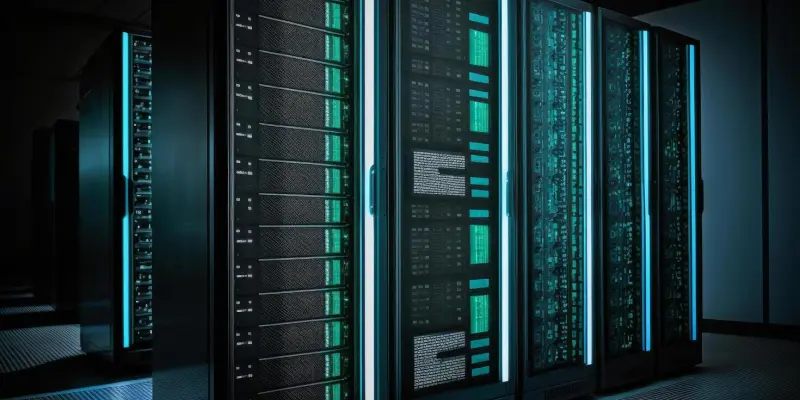Viettel has embarked on a groundbreaking project with the launch of its largest data center campus in Ho Chi Minh City, marking a significant milestone in digital infrastructure for Vietnam. Covering roughly 40,000 square meters, this project is strategically located at the Tan Phu Trung Industrial Park and aims to cater to substantial data demands in the region. Slated for operation in 2026, its development highlights a substantial leap in capacity, aiming for 140 megawatts with the ability to host approximately 10,000 racks. This initiative is pivotal in enhancing Viettel’s existing infrastructure, anticipating full completion by 2030. With adherence to rigorous standards, Viettel endeavors to achieve a Power Usage Effectiveness (PUE) of less than 1.4, aligning with Uptime Tier III benchmarks. These objectives underscore Viettel’s dedication to sustainability while advancing technological innovations.
Strategic Impact and Regulatory Environment
Viettel is expanding its data center capabilities in response to Vietnam’s friendlier regulatory environment, which has eased restrictions on foreign ownership of such facilities. This regulatory shift opens doors for international partnerships, creating a fertile ground for investment and innovation. Viettel’s ambitious plan includes establishing 24 data centers with a combined capacity of 560 MW by 2030, showcasing a strong commitment to meeting rising digital needs. At present, Viettel operates 15 data centers with an 87 MW capacity all over Vietnam, entrenching its status as a key player in the nation’s technological advancement. This forward-looking approach not only places Viettel at the leading edge of Vietnam’s digital ecosystem but also underscores the vital role that digital infrastructure plays in economic growth. As Vietnam continues to emphasize digital development, Viettel’s proactive strategies are poised to have a significant impact, reaffirming its essential role in shaping the country’s technological future.

